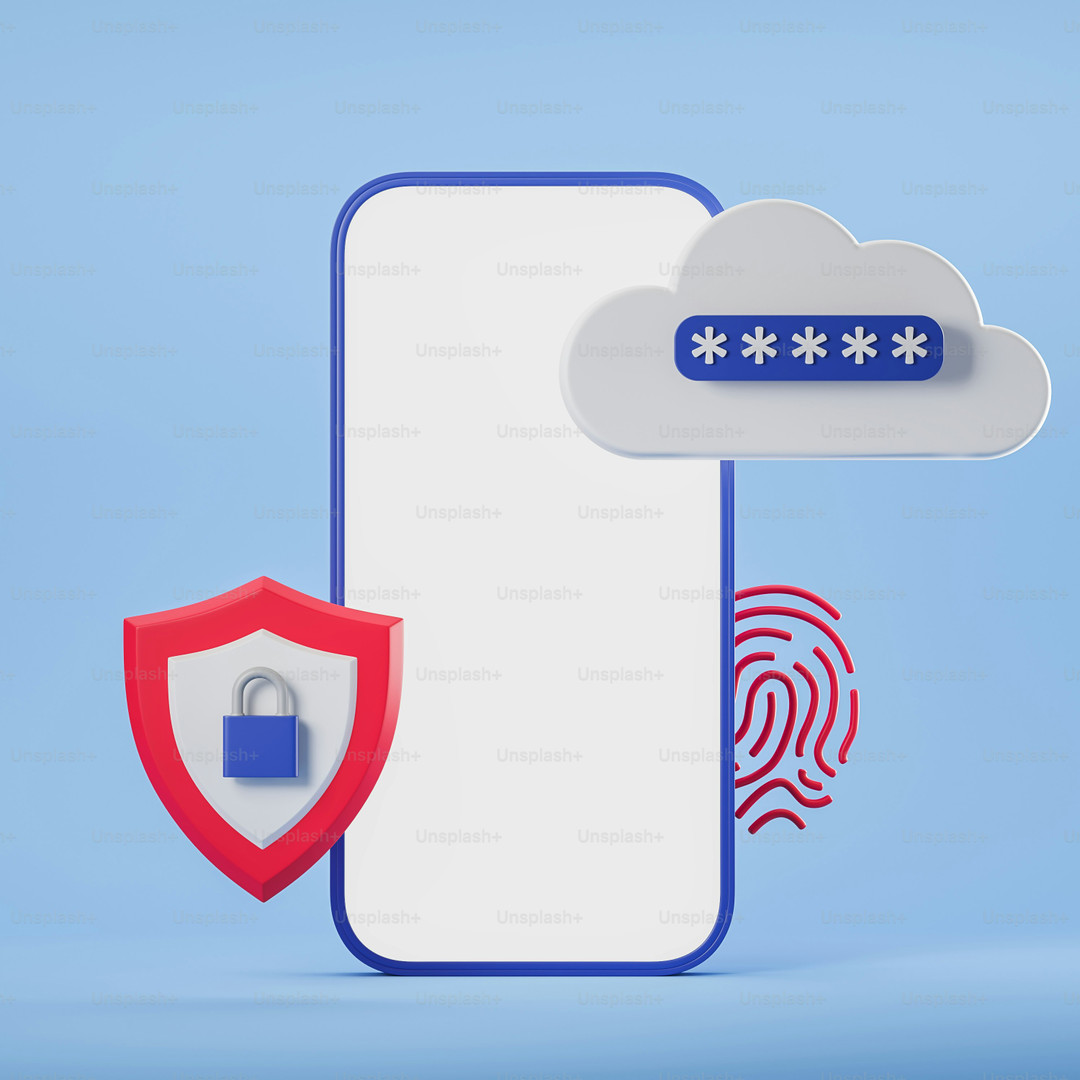How to safeguard your Facebook Messenger from unauthorized access with informed strategies? Protect your virtual domain and restore mental tranquility.
Every tool or application we use today is more than mere letters on a screen; they are symbols of trust, identity, and sentiment. With its incredible user base, Facebook Messenger surpasses the limits of a messaging service. Users are able to resolve some issues, share affairs, form communities, and, most importantly, connect. However, like anything personal, it is susceptible to danger. Something like a Facebook Messenger hack can cause a great deal of distress in the form of anxiety, a loss of control, or, in a much worse scenario, emotional distress.
Knowing Messenger security´s aspects helps the user feel comfortable and safe while using the application. This article combines implementable safety tactics alongside psychologically informed methods to defend one´s digital space, allowing you to stronger protect your Messenger app from unauthorized access.
Personal Expenses of Unauthorized Access
Loss of access not only pertains to safety and security–it also destroys peace of mind. If you are wondering, “Is Messenger safe to use?” you have questioned something widely rational among most internet users. People who have faced impersonation or captures of their online profile
commonly showcase feelings of anger alongside a deep sense of violation. The underlying reason for this stems from the fact that online accounts can be hacked and become personal belongings.
So, if your Facebook is hacked, how to fix it? Whether through private chats with family or discussions with team members, a Facebook messenger hack can be shocking. When relationships are manipulated, it can intensify feelings of shame and distrust—even when there is
no wrongdoing on the victim´s end. If you believe that your boundaries have been violated, restoring control and confidence in your digital boundaries is so important. Guides like Facebook messenger hack give detailed support. These tools grant users back control. It is also a fair inquiry to ask "can you get hacked by replying to a text"? Simply replying in and of itself is secure, but when combined with an emotional divide, especially stress, users may click dangerous links. Acknowledging that stress lowers our judgment is fundamental if safety is the goal.
How Do you Know If your Facebook Account Has Been Hacked?
Knowing how to identify whether your Facebook account has been hacked isn´t merely about bearing in mind snooping technical flags; it´s also about intuitive listening and trusting your gut´s instincts and suspicions. For example, awaiting a stressful login procedure to snap a session that allows login, internally feeling anxious, noticing phantom posts (or messages) you have no recollection of creating but suspect to be real, or feeling suspicious rationing among in-tray bundles of mails could all be markers of your mind indicating a ‘something’ is amiss.
Signs to pay attention to include:
● Altered settings, The user starts seeing newly added friends, changed settings (like profile pictures), or strange messages without recall of being sent.
● Logins not initiated by the user. Emails or recent notifications about Logins. Strange logins are especially alerts one didn´t initiate.
Safety Restoring Control
Use 2FA
The knowledge that one’s account can not be accessed without your physical phone or a secondary code creates a strong psychological buffer. It reassures the brain that control has been re-established.
End-to-end encryption
You wonder, "is facebook messenger encrypted?” Yes, but only in secret conversations. Encrypting chats keeps data under wraps.
Optimizing Device Battery Life
While it seems disconnected, inadequate device performance can result in irritation and hasty decisions - both of which are p risk factors. Applications with excessive power and slow response times drive users towards unsafe tools or reckless clicks.
A Checklist for Peace of Mind
Below is a table that maps security actions to emotional benefits:
| Action | Emotional Impact |
| Enable 2FA | Increased confidence and control |
| Use encrypted conversations | Trust in privacy, relief from surveillance fear |
| Avoid unknown links | Self-trust, boundary reinforcement |
| Check out device activity | Early awareness reduces uncertainty |
Final Thoughts
So, the Messenger app is a capsule of shared stories. Besides, some people view it as an expression of self. It can be safeguarded by pausing some technical bits and adjusting to digital self-awareness and emotional mindfulness. With well-thought-out actions, users protect their well-being and information. The right habits ensure that Messenger is a secure and trusted extension of their personal world.
